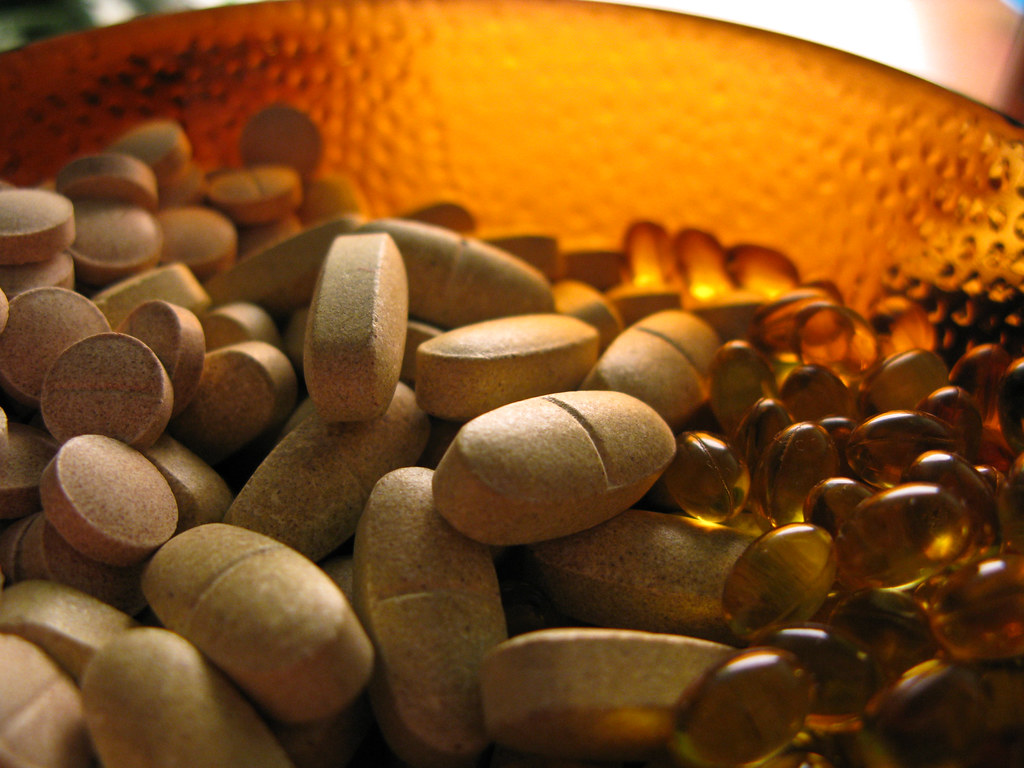When it comes to medical procedures, few things evoke as much apprehension as the sight of a hypodermic needle. It’s a common fear that transcends age groups, often causing significant distress and discomfort. But what if the future of blood sampling looked less like a sharp needle and more like a creature from the natural world? Enter the innovative minds at ETH Zurich, who have taken a page from nature’s playbook to create a groundbreaking blood collection device inspired by the humble leech.
Leeches have been part of medical history for centuries, known for their ability to draw blood from a host without causing significant pain. Their method is both efficient and subtle, using a combination of suction, sharp teeth, and natural anticoagulants. It’s this very mechanism that has inspired researchers to develop a new device that could revolutionize the way we collect blood samples.

The device, as described in the journal Advanced Science, is a small silicone suction cup, equipped with a cluster of stainless steel microneedles. These microneedles, measuring a mere 2 mm in length, are designed to painlessly penetrate the top layers of the skin. As the cup reverts to its original shape, it creates a negative pressure that draws blood from the capillary veins into an integrated reservoir. This method not only mimics the leech’s approach but also promises a less intimidating experience for patients, especially those with needle phobia.
The fear of needles, or trypanophobia, is more than just a minor inconvenience. It can lead to avoidance of necessary medical tests and vaccinations, posing a significant public health challenge. The leech-inspired device addresses this fear head-on, offering a blood sampling method that is both less painful and less frightening. Moreover, the device’s design minimizes the risk of needlestick injuries to clinicians, a serious occupational hazard in the medical field.

Another remarkable aspect of this device is its potential for use beyond the traditional clinical setting. Its simplicity and safety features make it an ideal tool for non-medical personnel, which could be particularly beneficial in resource-limited areas or developing nations. The ability to collect blood samples without extensive training or expensive equipment could greatly enhance diagnostic capabilities in regions where such resources are scarce.
The researchers’ commitment to accessibility and safety is further demonstrated by their efforts to create a biodegradable version of the device. As the world becomes increasingly conscious of environmental impact, the development of sustainable medical technologies is more important than ever. By designing a single-use device that can safely decompose after use, the team at ETH Zurich is paving the way for a more eco-friendly approach to blood diagnostics.
The device has already been successfully tested on piglets, and the research team is actively seeking partnerships to conduct necessary human trials. Their goal is to bring this device to market, making needle-free blood sampling a widespread reality. This could have a particularly profound impact in areas affected by diseases like malaria, where reliable blood measurements are crucial for diagnosis and treatment.
As we look to the future, the leech-inspired blood sampling device stands as a testament to the power of biomimicry in medical innovation. By harnessing the mechanisms found in nature, researchers are finding new ways to improve patient care, reduce risks, and increase accessibility. The journey from concept to clinical use may still have hurdles to overcome, but the potential benefits of this device make it a development worth watching.
The leech-inspired blood sampling device represents a significant leap forward in medical technology. Its design not only alleviates the fear associated with blood sampling but also offers a safer, more cost-effective, and environmentally friendly alternative to traditional methods. As research continues and partnerships form, we may soon see a world where the dreaded needle is replaced by a gentle, leech-like touch, transforming the blood sampling experience for millions of people around the globe.
The leech-inspired blood sampling device has many benefits and could be a game-changer in medicine.
The device’s ability to draw blood samples without the need for a large needle is a significant advancement, especially for those with needle phobia. The fear of needles, clinically known as trypanophobia, affects a substantial portion of the population and can lead to the avoidance of critical medical procedures. By offering a less intimidating alternative, this device could increase compliance with blood testing and vaccination protocols, ultimately improving public health outcomes.
Needlestick injury risk to clinicians is reduced with this technology.
Traditional hypodermic needles, if mishandled, can lead to accidental pricks that carry the risk of transmitting infections like HIV and hepatitis. The leech-inspired device, with its microneedles safely tucked away, virtually eliminates this hazard, providing a safer work environment for healthcare workers.
Cost is another factor where this device stands out.
It is touted as being less expensive than traditional needles, which is a critical consideration in healthcare systems where budget constraints are a constant challenge. This cost-effectiveness, coupled with the simplicity of the device, makes it an attractive option for use in resource-limited settings. Clinics in developing nations, often burdened by limited access to medical supplies and trained personnel, could benefit immensely from such a straightforward and affordable blood sampling method.
The device’s potential isn’t limited to human medicine. Veterinary applications are also conceivable, as the gentle and non-invasive nature of the device could reduce stress and injury in animals during blood collection. This could improve the quality of veterinary care and animal welfare, particularly in research settings where frequent blood sampling is required.
Looking ahead, the researchers at ETH Zurich are not resting on their laurels. They are actively pursuing the creation of a completely biodegradable version of the device. This forward-thinking approach aligns with the global push towards sustainability and the reduction of medical waste. A biodegradable device would alleviate the environmental impact of blood sampling, which is particularly relevant given the vast number of such procedures conducted annually worldwide.
The journey from prototype to widespread clinical adoption is fraught with challenges, including the need for extensive human trials to ensure safety and efficacy. The research team’s pursuit of partnerships for further development is a crucial step in this process. Their dedication to bringing this device to market reflects a commitment to innovation that meets the needs of both patients and healthcare providers.
In regions where diseases like malaria are prevalent, the ability to conduct reliable blood measurements with minimal training could transform the landscape of public health. The device’s ease of use by non-medical personnel could facilitate more widespread screening and early detection of such diseases, potentially saving countless lives.
The leech-inspired blood sampling device is not just a novel concept; it’s a testament to the ingenuity of applying lessons from nature to solve human challenges. As this technology continues to develop, it holds the promise of making blood diagnostics more accessible, less frightening, and safer for both patients and healthcare workers. The future of blood sampling looks bright, and it may just come with the gentle touch of a device inspired by one of nature’s most fascinating creatures.
Related posts:
Leech-inspired device may make for kinder, gentler blood sampling
Blood sampling device inspired by leeches could make needles obsolete
Microneedles and suction cup for blood diagnostics, modeled on leeches





